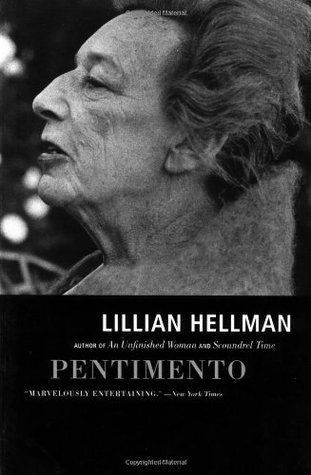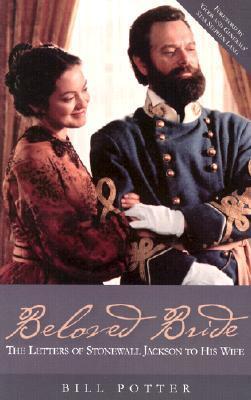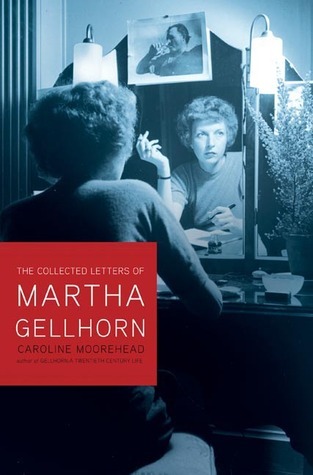
Gone with the Wind Letters
Book Description
Unravel the passionate correspondence that shaped a literary classic! "Gone with the Wind Letters" unveils the intimate thoughts and fierce emotions of Margaret Mitchell as she navigates love, loss, and the tumult of a changing South. These powerful letters capture the heartbeat of a tumultuous era, revealing the relentless struggle of a strong-willed heroine fighting against the tide of fate. Each page is a glimpse into the soul of a writer wrestling with her characters and the world around them. What secrets lie hidden in these words, waiting to ignite the imagination anew?
Quick Book Summary
“Gone with the Wind Letters” collects Margaret Mitchell’s vivid personal correspondence, revealing the intense emotional landscape behind the creation of her epic novel. These letters offer unique insights into Mitchell's creative process, her struggles as a Southern woman during a period of immense societal change, and her personal relationships that deeply influenced her writing. Through wit, candor, and occasionally raw vulnerability, Mitchell pours out her thoughts on love, ambition, and loss, mirroring the same tumultuous spirit found in her fictional heroine, Scarlett O’Hara. This collection not only illuminates the historical and cultural context of the American South but also provides an unforgettable portrait of Mitchell’s inner life, her literary battles, and the origins of a literary masterpiece.
Summary of Key Ideas
Table of Contents
The Creative Struggle of Authorship
Margaret Mitchell’s collected letters provide a rare glimpse into her journey as a fledgling and ultimately celebrated author. Chronicling the years she devoted to researching, drafting, and revising "Gone with the Wind," the correspondence lays bare the challenges and doubts that marked her creative process. Mitchell is frank about her frustrations, often detailing writer’s block and her insecurities regarding the novel’s reception. These struggles are intimately connected with her sense of responsibility in accurately portraying the South and its fraught history, a challenge that she faces with intellectual rigor and unflinching honesty.
Personal Loss and Emotional Resilience
Loss permeates many of Mitchell’s letters, echoing the deep personal and collective tragedies of her era. Her candid remarks on the deaths of loved ones, the lingering scars of the Civil War, and the upheaval wrought by the modern world reflect an intense emotional resilience. The letters reveal how she channeled these hardships into her fiction, lending authenticity and depth to her characters’ struggles. Mitchell’s reflections on grief and survival not only illuminate the historical period but also underscore the universal human experience of enduring in the face of adversity.
Navigating Southern Identity and Tradition
Mitchell’s correspondence repeatedly grapples with what it means to be a Southern writer in an evolving society. She deftly navigates issues of heritage, tradition, and transformation, reflecting on the tension between nostalgia and the need for progress. Mitchell is at once critical and loving toward her native South, providing nuanced commentary on race, gender roles, and the responsibilities of storytelling. Her letters serve as a testament to the complexity of Southern identity and the difficulties of portraying it honestly in literature.
Love, Relationships, and Correspondence
The letters are rich with Mitchell’s insights into love and relationships, both romantic and familial. Her correspondence with friends, lovers, and literary associates brims with affection, humor, and sometimes frustration. The emotional intensity she invests in her interactions echoes the passionate dynamics of "Gone with the Wind’s" central characters. Mitchell’s ability to articulate the challenges of intimacy—balancing independence with vulnerability—reveals parallels between her life and her protagonist’s journey, making these letters both poignant and revealing.
Reflections on Fame and Literary Legacy
As "Gone with the Wind" achieves unexpected success, Mitchell’s later letters offer a window into the burdens and exhilarations of sudden fame. She expresses pride, astonishment, and, occasionally, weariness at her public role. The correspondence explores her hopes and anxieties regarding her literary legacy, her relationships with publishers and critics, and her determination to maintain her privacy and artistic integrity. Through it all, the letters stand as a testament to Mitchell’s enduring spirit, her love of storytelling, and her profound impact on American literature.
Download This Summary
Get a free PDF of this summary instantly — no email required.





